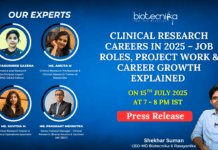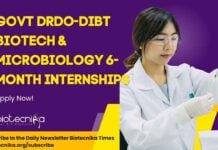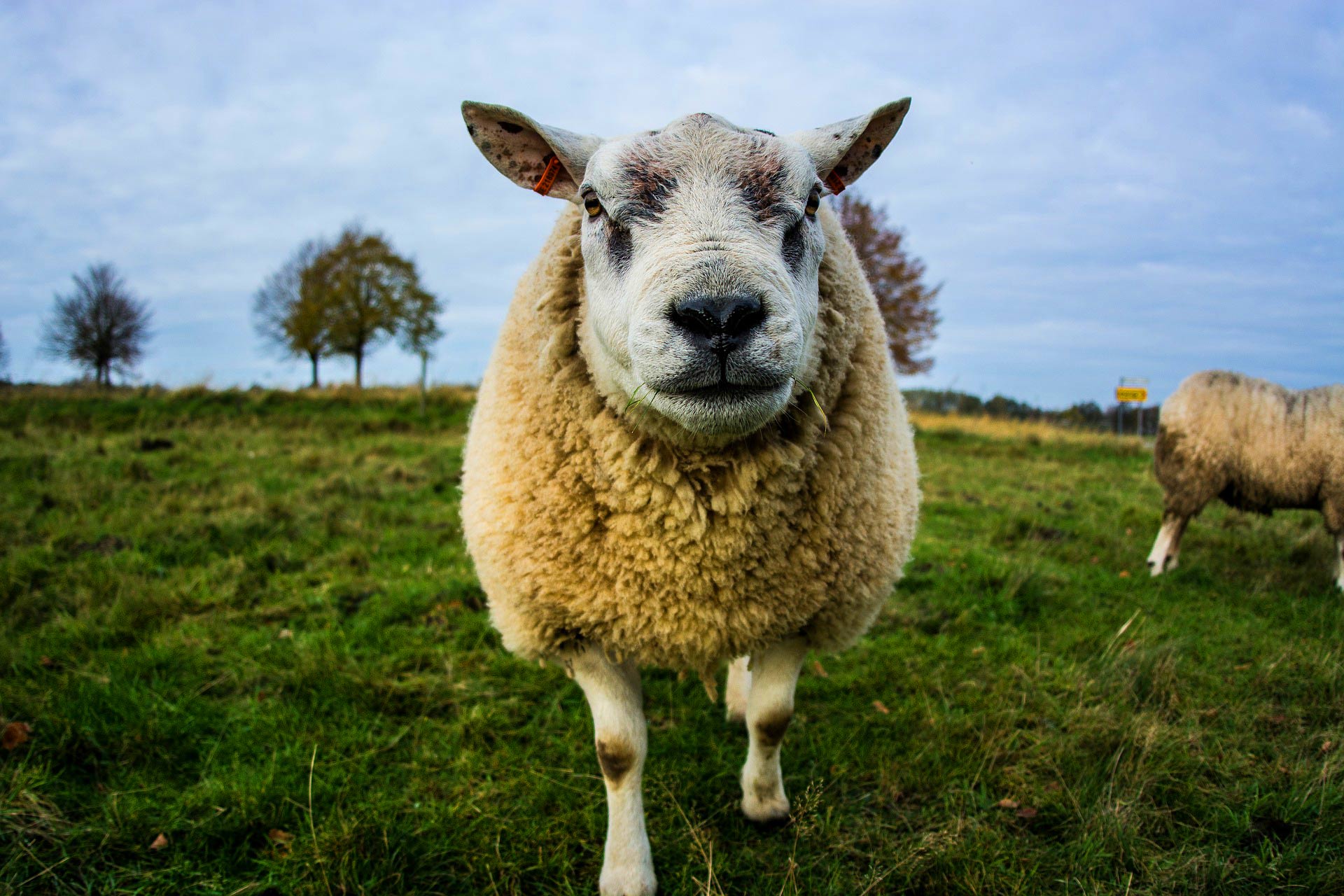Breakthrough Alert! Stanford Scientists Develop First Human-Sheep Hybrid
The quest to create animals with human organs has a long history – and it is now becoming a reality. In a remarkable feat, Stanford scientists have now created the first successful human-sheep hybrid.
A biomedical advance that has long been a dream and a quandary for scientists hoping to address a critical shortage of donor organs is now reality thanks to a Stanford University study wherein scientists have successfully grown embryos inside a surrogate for three weeks which had both sheep and human cells.
The human-sheep chimera spells good news for people suffering from type 1 diabetes, in addition to holding potential for mass-production of human organs for transplants.
Building on a controversial breakthrough made in 2017, the scientists this week, were able to grow a sheep embryo injected with adult human stem cells for 28 days, including 21 days inside a sheep, it was announced at a meeting of the American Association for the
Advancement of Science in Austin, Texas. The human portion of the embryos created in the experiment is exceedingly small, but the fact it exists at all is what generates considerable controversy in this field of
research.“The contribution of human cells so far is very small. It’s nothing like a pig with a human face or human brain,” stem cell biologist Hiro Nakauchi told media at a presentation of the research this week in Austin, Texas, explaining that, by cell count, only about one in 10,000 cells (or less) in the sheep embryos are human.
The experiment had to be terminated, as the law prohibits developing cross-species embryos, called chimera, for more than 28 days. The embryos, which were not allowed to develop past 28 days of age, move researchers a small step closer to perhaps growing human organs for medical transplant.
The team say they have already been able to use genome editing techniques to produce pig and sheep embryos that are unable to develop a pancreas, although they are still working on the approach. And for such embryos to grow and replace missing organs, Dr Hiro Nakauchi of Stanford University, who is part of the team, said a longer experiment, perhaps up to 70 days, would be more convincing, although that would require additional permission from institutional review boards.
“Even today the best matched organs, except if they come from identical twins, don’t last very long because with time the immune system continuously is attacking them,” says another lead of the team, reproductive biologist Pablo Ross from the University of California, Davis.
Although it’s still a long way off, organs produced in interspecies chimeras could be one way of producing enough supply to meet demand – by transplanting, say, a hybridised pancreas, from a sheep or pig, to a desperate patient. For the transplant to work, the researchers think at least 1 percent of the embryo’s cells would need to be human – meaning these first steps demonstrated in the sheep are still very preliminary.
As work continues, ethical scrutiny will also surely intensify. Ross and his colleagues acknowledge the controversial nature of their work, but they also say that they’re moving cautiously. Ross, for one, sees the ever-widening approaches for organ research as cause for optimism.
“All of these approaches are controversial, and none of them are perfect, but they offer hope to people who are dying on a daily basis,” he said. “We need to explore all possible alternatives to provide organs to ailing people.”


































